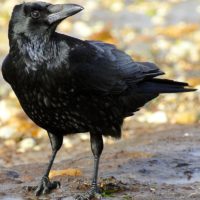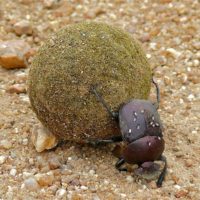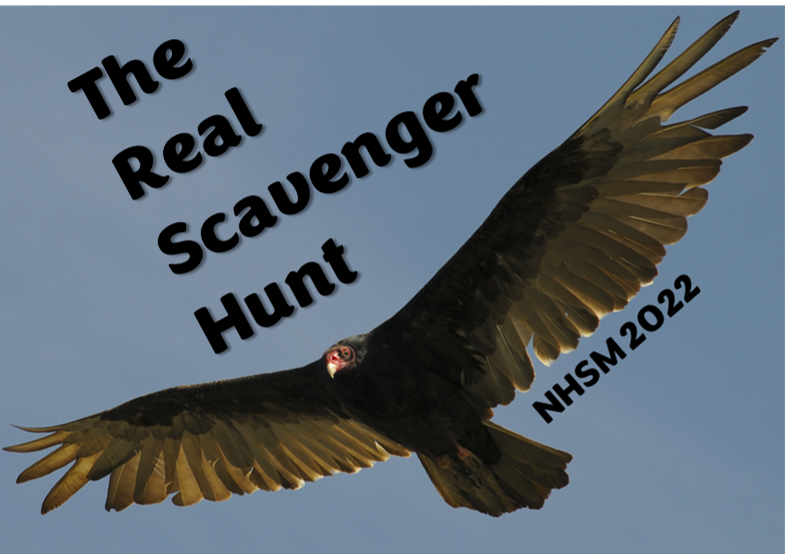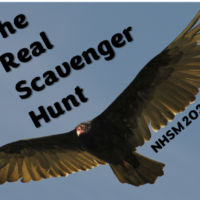This year we are literally scavenging for scavengers in the 2022 NHSM Photo Safari!
Scavengers and decomposers play an important role in the health, vitality, and function of ecosystems. Just imagine a world without them – piles of rotting bodies, bones, poop, leaves, and wood. Scavengers and decomposers help to recycle nutrients through ecosystems. As a refresher, scavengers consume dead plants and animals (carrion). Decomposers or saprotrophs break down organic material into component nutrients that are easily recycled.
Some animals are obligate scavengers, meaning that the entirety of the diet is dead plants and animals. Perhaps, the most iconic obligate scavenger is the vulture. Some animals partake in carrion when it is available. These are opportunistic scavengers. Most water turtles fall into this category. For the purposes of this hunt, we are including in the mix obligate and opportunistic scavengers. While some argue that fungi are natural scavengers, the consensus is that they function as decomposers along with bacteria and earthworms. Yep, earthworms are considered decomposers, not scavengers. While most of the scavengers take care of the dead animal matter, fungi break down plant material like lignin and cellulose. They also break down surface waste and release nitrogen back into the soil, crucial for plant growth.
We utilize the honor system for this Scavenger Hunt. The Spreadsheet, which will be emailed to you along with additional information, has fields for you to record date, time, location and notes for each scavenger/decomposer. We encourage you to record your sightings in photos. A special iNaturalist project has been set up to serve as a clearinghouse for all observations. You will receive access information when you sign up.
Compete on your own or in a team of up to five friends/family members.




